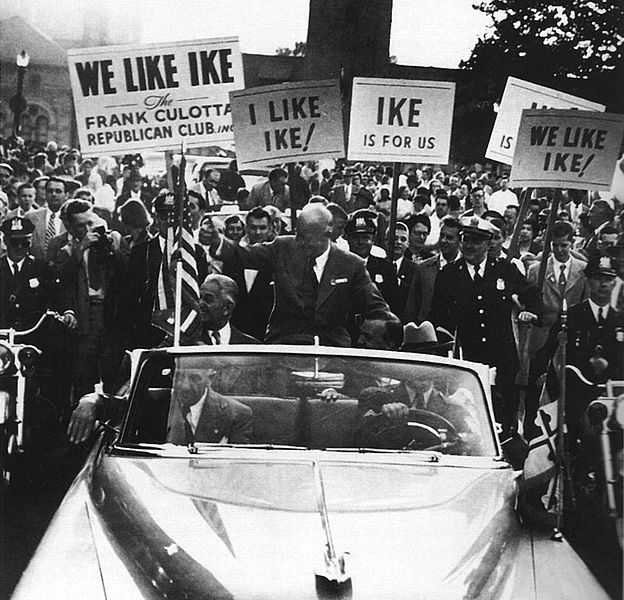So what is IKE I hear you ask. The main aim of the session was to show that when you replace the ‘Rational Expectation Hypothesis’ for agents, with the ‘Contingent Expectation Hypothesis’ - where agents change their expectation over time and heterogenously - then you can solve some of the puzzles of economics in the realm of finance and exchange rates. (Particularly if you add a healthy does of VAR models to run the regressions, which work well with the IKE models following Morten Tabor’s presentation).

Frydman explained that there is an underlying theory, which is testable by data. Namely that there are qualitiative irregularities that are contingent, meaning ‘subject to change’, not ‘a group of people united by some common feature’ which is a second meaning for contingent that sounds a lot like rational agents…
The modelling efforts used a variety of things to put parameters around information, psychology and social signals which agents can respond to, and then they act according to their preferences. Those preferences change as time goes along, and so you can explain the past, but not predict the future - except to the extent that certain signals should lead to the same direction of response, but we cannot comment on the size of the response.
A neat result in Josh Stillwagon’s presentation was that the variance of the asset was not so much a factor if you want to evaluate risk, but rather you should worry about the largest historical difference between your variable of concern (e.g. spot exchange rate) against a long term base (e.g. PPP rate). It’s work in progress, but Anatole Kaletsky called it a “great leap forward” and it will be interesting to see where the project goes.


